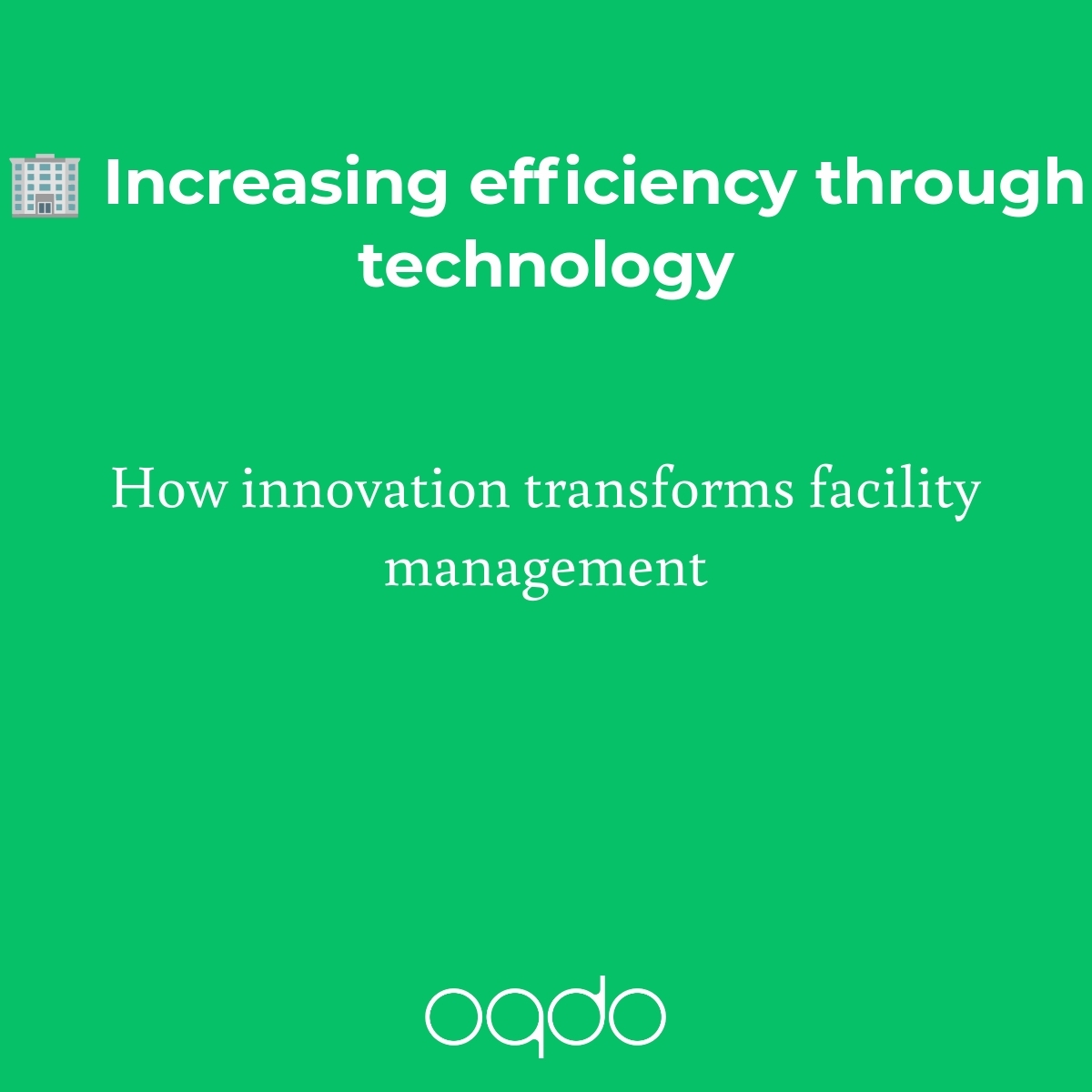In today's world, where sustainability and environmental friendliness are becoming increasingly important, companies are faced with the challenge of making their processes more efficient and environmentally friendly. Data-driven solutions offer a promising opportunity to reduce their ecological footprint while saving costs.
The Importance of Data in Facility Management
Data is at the heart of modern facility management systems. It enables informed decisions and optimize processes. By collecting and analyzing data, companies can:
- Monitor and Optimize Energy Consumption: Continuously monitoring energy consumption allows inefficient systems to be identified and optimized. This not only leads to cost savings but also reduces CO2 emissions.
- Predict Maintenance Needs: Predictive maintenance uses data to predict the maintenance needs of equipment. This prevents unplanned downtime and extends the lifespan of the equipment.
- Improve resource utilization: Data helps optimize the use of resources such as water and electricity. This contributes to protecting the environment and reducing operating costs.
Sustainability through data-driven solutions
For companies that place great value on sustainability, data-driven solutions offer numerous advantages:
- Reducing the ecological footprint: By optimizing energy and resource use, companies can significantly reduce their ecological footprint.
- Sustainable buildings: Data-driven solutions support the operation of energy-efficient and environmentally friendly buildings. This includes the integration of renewable energies and the use of smart building technologies.
- Transparency and traceability: Data enables transparent tracking of sustainability goals and measures. This is particularly important for stakeholder communication and compliance with environmental standards.
Conclusion: The role of smart building platforms
Smart building platforms play a crucial role in the implementation of data-driven solutions in facility management. They provide a central platform for collecting, analyzing, and managing data. By integrating various systems and sensors, they enable a holistic view of building operations.
With a smart building platform, companies can not only achieve their sustainability goals but also save costs in the long term and increase the efficiency of their processes. This makes them an indispensable tool for any company committed to sustainability.
Data-driven solutions are the key to a sustainable future in facility management. They offer the opportunity to optimize processes, conserve resources, and reduce the ecological footprint. Companies that utilize these technologies are ideally equipped to meet the challenges of the future and make a positive contribution to the environment.


